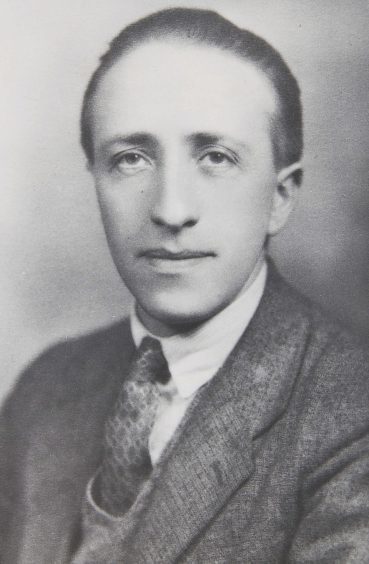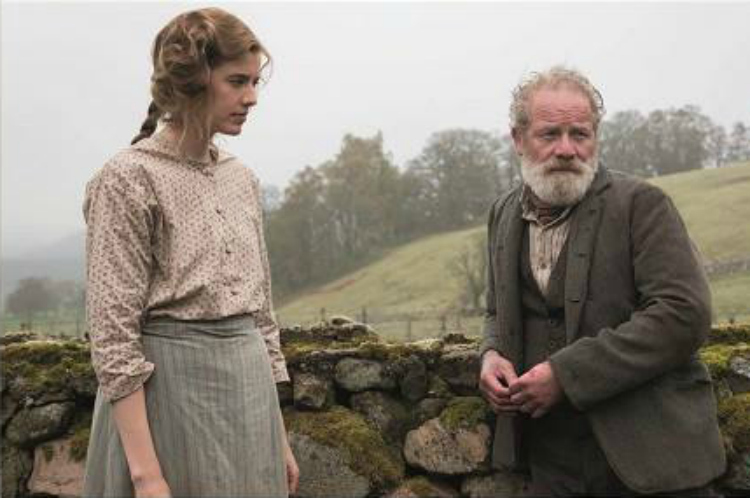Sunset Song is regularly voted Scotland’s favourite book in public polls, is acclaimed across the world, and remains the most evocative work ever written about the Mearns.
First Minister, Nicola Sturgeon, is among those who have spoken evocatively about how the novel has made a significant impression on her life.
And anybody who watched TV in Scotland in the 1970s will recall Vivien Heilbron in the adaptation of the Lewis Grassic Gibbon novel.
As the heroine Chris Guthrie, one of the strongest female characters in world literature, Heilbron was tough and she was tender; feisty and flirtatious; intelligent and intuitive. She was confronted with tragedy and faced the worst kind of travails within her own household where there was no escape from her domineering father.
Yet while her family and friends were dragged away from the fictional parish of Kinraddie to endure their own privations in the trenches of the First World War, Chris stuck to her philosophy that, whatever else changes, the land will endure.
To that extent, she wasn’t just a powerful woman. She was Mother Nature herself.
Heilbron said in one interview about the start of her career: “I went from playing an aristocratic German countess to appearing as this Scottish peasant girl, so it was a big contrast, but it turned into one of those productions where everything came together.

“I was from Glasgow, so I had to learn to speak the [Doric] language, because it was so important, but some of the cast were from the north-east and helped me in every way.
“It’s a long time since I played Chris [she returned in the second and third parts of the trilogy, Cloud Howe and Grey Granite], but she was such a fascinating character.
“Chris has to be this big mass of contradictions: she goes through all these different emotions of love, loss, anger, humour, darkness and rebirth and we see her develop from a young woman into adulthood.
“The book and their heroine deserve their place in history. There is no better description of the way all these young men from small villages went off to fight in a war, which most of them didn’t understand, and from which so many never returned. That is one of the reasons it carries so much resonance.”
As a Fellow of the Shakespeare Institute at Stratford, Heilbron has travelled all over the world. And she has heard praise for Sunset Song wherever people are tilling the land.
As she said: “There is a universality about Sunset Song which strikes a chord in so many different places. I remember talking to somebody in Greece many years ago and he was raving about the book and I asked him why.
“He said: ‘It tells the story of peasants the world over’ and I understood what he meant.
“What was wonderful was that Grassic Gibbon was very specific about the countryside, the people and the language of the Mearns, but his message wasn’t remotely parochial.
“On the contrary, there was a timeless quality to what he wrote and that is why he is remembered and held in such high regard. He was only 33 when he died [in 1935].
“But he was responsible for creating a masterpiece which will live forever.”
Heilbron’s own copy of the novel is understandably dog-eared after decades of dipping in and out of the cherished pages in hotel rooms, on railway carriages and elsewhere.
But she shares Chris Guthrie’s redoubtable spirit and won’t let go once she is on a mission, especially if it provides an opportunity to help youngsters learn their craft.
It may be a long time since she was studying at at the London Academy of Music and Dramatic Art. But nobody knows better than her that all the world’s a stage!

